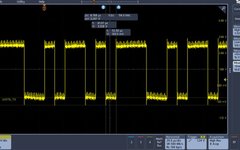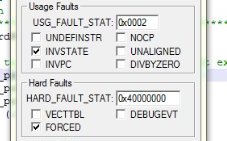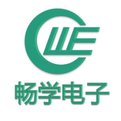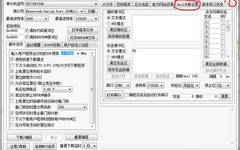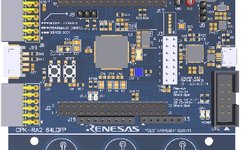Disassembly: How Car Keys Achieve Low Power Consumption?
Introduction Car remote keys use practical button batteries, which can generally operate for a long time, so their power consumption is very low. How do they achieve low power consumption? Let’s disassemble a Buick Excelle to take a look. Disassembly Use a flathead screwdriver to pry open the battery cover. Unscrew two screws. Then find … Read more

